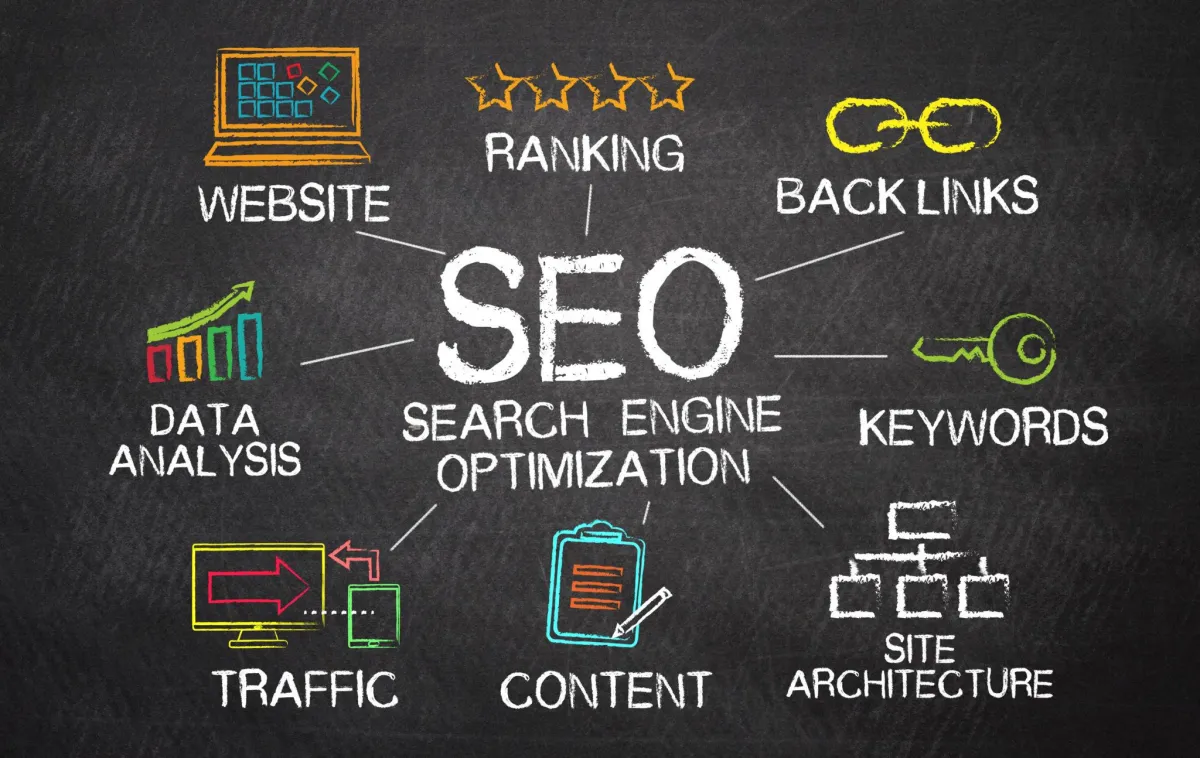
SEO Basics for Small Business Owners: Why Your Website Matters
In the digital age, having an online presence is paramount for business success. Yet, simply having a website is not enough; understanding how to make that website discoverable is crucial, and that’s where Search Engine Optimization (SEO) comes into play. For small business owners, grasping the basics of SEO can demystify the process and highlight the essential role your website plays in reaching potential customers. This article will explore how SEO works and emphasize why your website is vital for business growth.
What is SEO?
Search Engine Optimization (SEO) refers to a set of strategies aimed at improving a website’s visibility on search engines like Google, Bing, or Yahoo. When users search for information, products, or services, search engines provide a list of relevant results. The goal of SEO is to ensure your business appears as high up in that list as possible, ideally on the first page, where most clicks occur.
SEO comprises several components, including:
1. Keyword Research: Identifying the specific words or phrases potential customers use to search for products or services similar to yours. These keywords can vary from broad (e.g., “shoes”) to specific (e.g., “women’s running shoes size 8”).
2. On-Page SEO: Optimizing individual web pages to rank higher. This includes using the identified keywords in strategic places, such as titles, headings, meta descriptions, and throughout the content, while also ensuring the website is user-friendly.
3. Off-Page SEO: Enhancing your website’s authority and relevance through external signals, such as backlinks from other reputable websites. The more quality sites link back to yours, the more trustworthy it appears to search engines.
4. Technical SEO: Ensuring that your website is structured properly and runs smoothly. This can include improving site speed, ensuring mobile responsiveness, and creating an XML sitemap to help search engines better index your site.
5. Content Creation: Producing high-quality, relevant content that addresses the needs and interests of your target audience. Regularly updated and informative content can improve your SEO ranking while engaging your audience.
Why Your Website Matters for SEO
1. Your Website is Your Digital Home
In the modern age, a business without a website is akin to a store without a physical address. Your website serves as the central hub for all your online endeavors. It’s where potential customers can learn more about your products, services, and brand. A strong online presence is essential for building credibility and trust.
2. First Impressions Count
When potential customers search for businesses, the first thing they’ll see is your website. If it’s well-optimized and user-friendly, it can create a positive first impression. Conversely, a poorly designed website can lead to high bounce rates, meaning visitors leave before engaging with your content.
3. Visibility in Search Engines
To be found online, your business needs to rank well on search engines. Many consumers use search engines to find local services or products, making SEO indispensable. If your website follows SEO best practices, it will have a higher chance of appearing at the top of search results when customers search for terms relevant to your business.
4. Cost-Effective Marketing
Compared to traditional advertising methods, SEO is a more cost-effective way to drive traffic to your site. While there may be costs associated with hiring SEO professionals or employing tools, organic traffic generated through effective SEO efforts is essentially free. Higher search rankings lead to greater visibility and potentially lower customer acquisition costs.
5. Building Authority and Trust
Websites that rank higher in search results are often viewed as more credible by consumers. By optimizing your site for SEO, you can improve your ranking while also creating quality content that positions you as an authority in your industry. This authoritative position fosters trust among potential customers, making them more likely to engage with your brand.
6. Long-Term Results
Unlike paid advertising, which stops yielding results once you stop funding it, a well-optimized website can continue to attract visitors for a long time. While it takes effort and time to rank high organically, the benefits can be long-lasting. A strong SEO strategy helps to build a sustainable flow of potential customers over time.
Getting Started with SEO
For small business owners looking to dive into SEO, here are some actionable steps to get started:
- Conduct Keyword Research: Use tools like Google Keyword Planner or Uber suggest to find relevant keywords related to your business.
- Optimize Website Content: Integrate the identified keywords into your website’s pages naturally. Make sure your content is informative, engaging, and relevant to your audience.
- Enhance User Experience: Ensure your website loads quickly, is mobile-friendly, and easy to navigate.
- Create a Blog: Regularly publish quality content that adds value to your audience. Blogging not only boosts SEO but also establishes your brand as a knowledgeable source.
- Track Your Performance: Use tools like Google Analytics to monitor your website's performance, track visitor behavior, and gain insights into areas for improvement.
Conclusion
Understanding SEO is crucial for small business owners looking to enhance their online presence and attract potential customers. While the world of search engine optimization can seem complex, demystifying it through basic concepts makes it manageable and beneficial. Remember, your website is the foundation of your online marketing efforts; investing in SEO can ensure that your business reaches its intended audience, improves credibility, and drives long-term growth. Take the first step toward optimizing your website today — your future customers are searching for you!